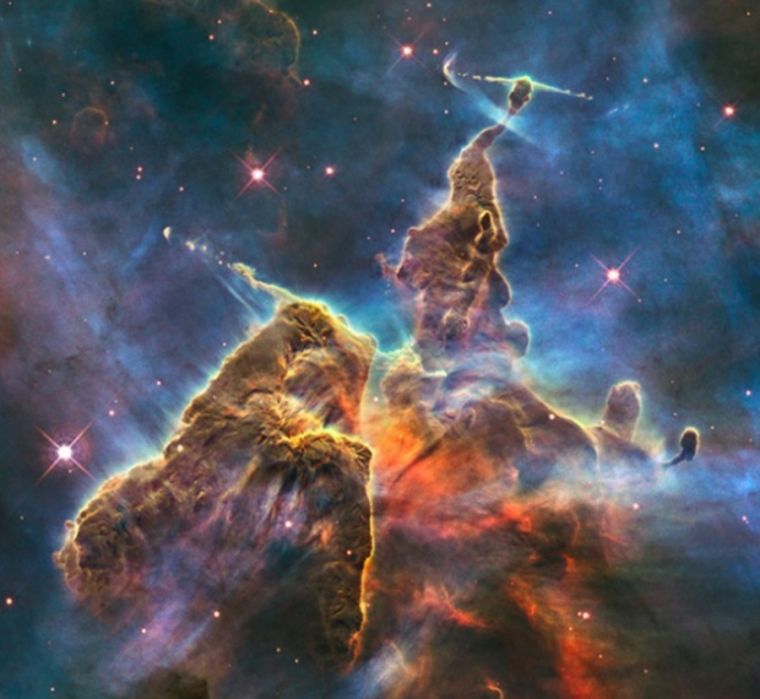Did God Create Life on Other Planets, Or Is Earth the Only One of Its Kind? Christian Astronomer Explains Scientific Evidence

Are we alone in the universe, or is there life out there?
Christian astronomer Dr. Hugh Ross tackled the question in his new book, "Improbable Planet: How Earth Became Humanity's Home," where he explored the alleged scientific evidence for another Earth.
In an email interview with The Christian Post, Ross said there is a bigger question that needs to be answered. This is: Why are we here?
Combining his expertise in science and theology—being an astronomer with a Ph.D. from the University of Toronto, and a pastor with an M.Div.—Ross said the question of the uniqueness of Earth in the universe derives from the biblical story of creation, fall and redemption.
He said "Improbable Planet" shows how the history and composition of the universe fulfils God's purpose of "making possible billions of human beings hearing and responding to God's offer of redemption from their sins and of an eternally secure and loving relationship with Him."
Ross specifically tackled the question on the possibility of life in other planets, considering that there are so many stars in the universe with planets orbiting each of them, some in the so-called "habitable zone."
He said those people who say that "sentient physical life" must be abundant in the universe are making four false assumptions.
The first assumption they make is that water habitable zone is the only determinate for the habitability of a planet.
Second, they say that every star is a candidate for possibly possessing a life habitable planet.
Third, people who believe in life elsewhere in the universe say the origin of life is a naturalistically easy step.
Fourth, they also say that natural process evolution from a simple single-celled organism into the equivalent of human beings is inevitable given the passage of several billion years.
Ross said all these assumptions cannot possibly be true. This is because for a planet to be truly habitable, it must simultaneously reside in all nine known habitable zones—liquid water, ultraviolet, photosynthetic, ozone, rotation rate, obliquity, tidal, astrosphere, and atmospheric electric field.
Of the 3,547 planets discovered so far, he said only one is located in all nine known habitable zones: Earth.
Ross said "Improbable Planet" gives Christians reasons and motivations to worship and praise God for His creation like no other book they have read.
The book will also equip them in leading non-Christians to Jesus Christ, even those who are resistant to the Gospel, he said.











